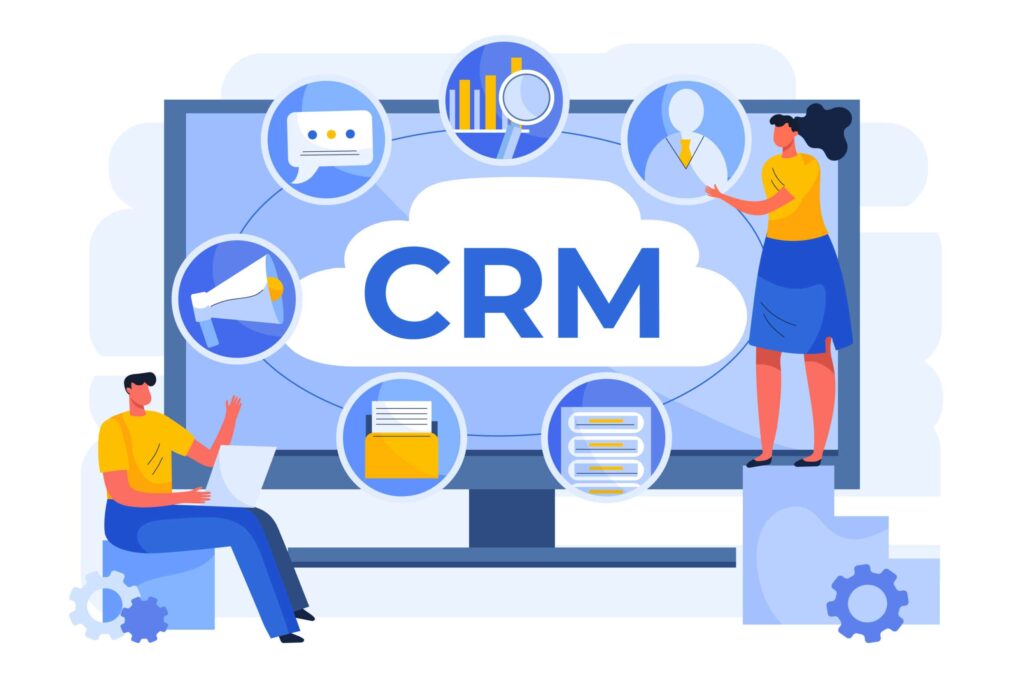Reality Estate CRM (Customer Relationship Management) systems are specifically tailored software solutions designed to streamline and enhance the operations of real estate professionals, agencies, and brokers.
Benefits of Reality Estate CRM
Client Management: Reality Estate CRM helps agents organize and manage client information effectively. It allows storing client contact details, preferences, transaction history, and communication records in one centralized location.
Lead Management: It facilitates lead capturing, tracking, and nurturing. CRM systems often integrate with various marketing channels, such as websites, social media platforms, and email campaigns, to gather leads and manage them through the sales pipeline.
Automated Communication: CRM platforms enable automated communication through personalized emails, SMS, and notifications. Agents can set up automated responses, reminders, and follow-ups, improving client engagement and satisfaction.
Transaction Management: Reality Estate CRM systems assist in managing property transactions from listing to closing. They streamline processes such as document management, contract generation, and task assignments, ensuring smooth transactions and compliance with regulations.
Property Management: Some CRM solutions offer property management features, allowing agents to track property listings, schedule showings, manage property details, and monitor availability. This functionality helps agents stay organized and provide accurate information to clients.
Analytics and Reporting: CRM systems provide valuable insights through analytics and reporting tools. Agents can track performance metrics, monitor sales activities, analyze market trends, and generate customized reports to make data-driven decisions and improve their strategies.
Workflow Automation: Reality Estate CRM automates repetitive tasks and workflows, saving agents time and reducing manual errors. Workflow automation can include lead assignment, email marketing campaigns, task reminders, and client follow-ups, increasing efficiency and productivity.
Integration with Third-Party Tools: Many CRM platforms offer integrations with other software tools commonly used in the real estate industry, such as MLS (Multiple Listing Service) databases, marketing automation platforms, accounting software, and communication tools, enhancing functionality and compatibility.
Mobile Accessibility: Modern Reality Estate CRM systems often come with mobile applications or responsive web interfaces, allowing agents to access client information, manage tasks, and track leads on the go, improving flexibility and responsiveness.
Client Satisfaction and Retention: By providing better organization, personalized communication, and efficient service delivery, Reality Estate CRM systems contribute to improved client satisfaction and retention rates. Satisfied clients are more likely to refer others and become repeat customers, boosting the agent’s reputation and business growth.


